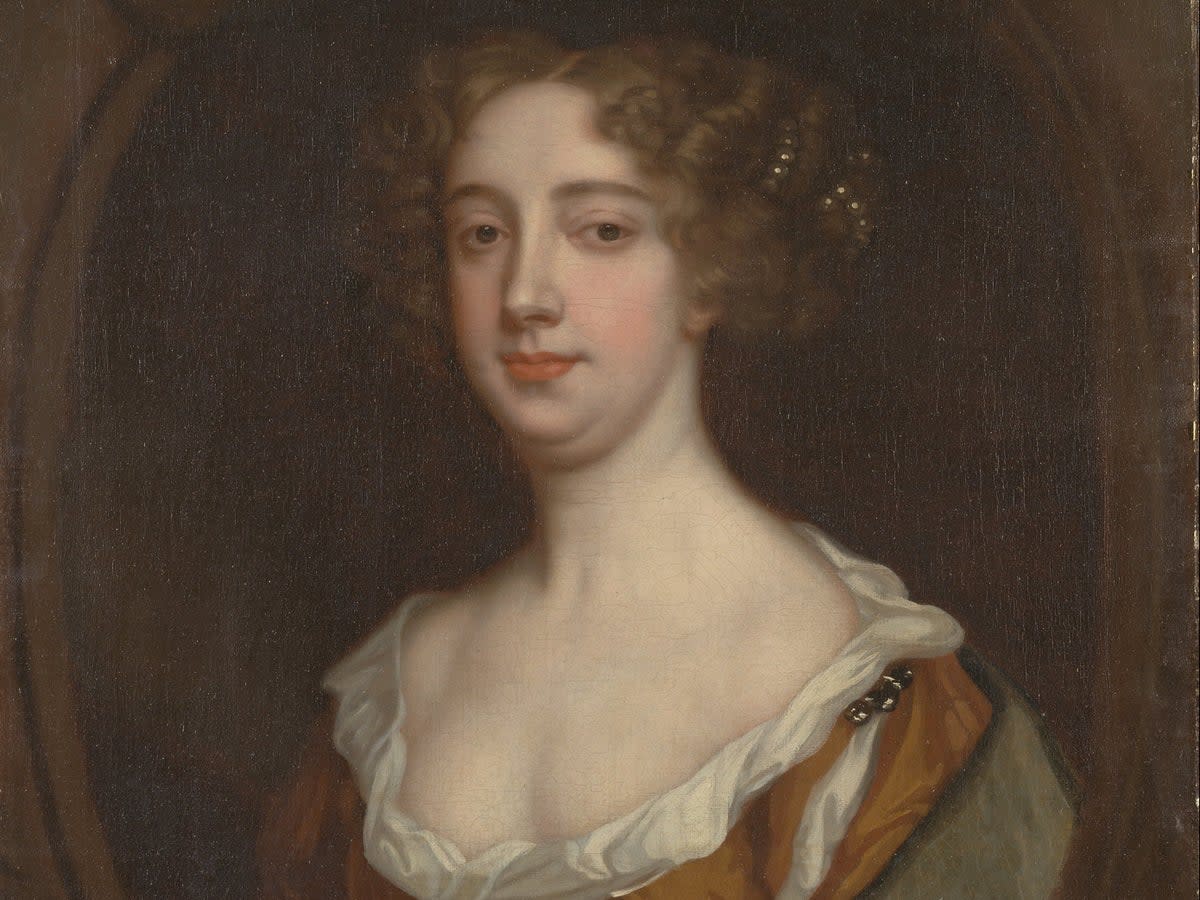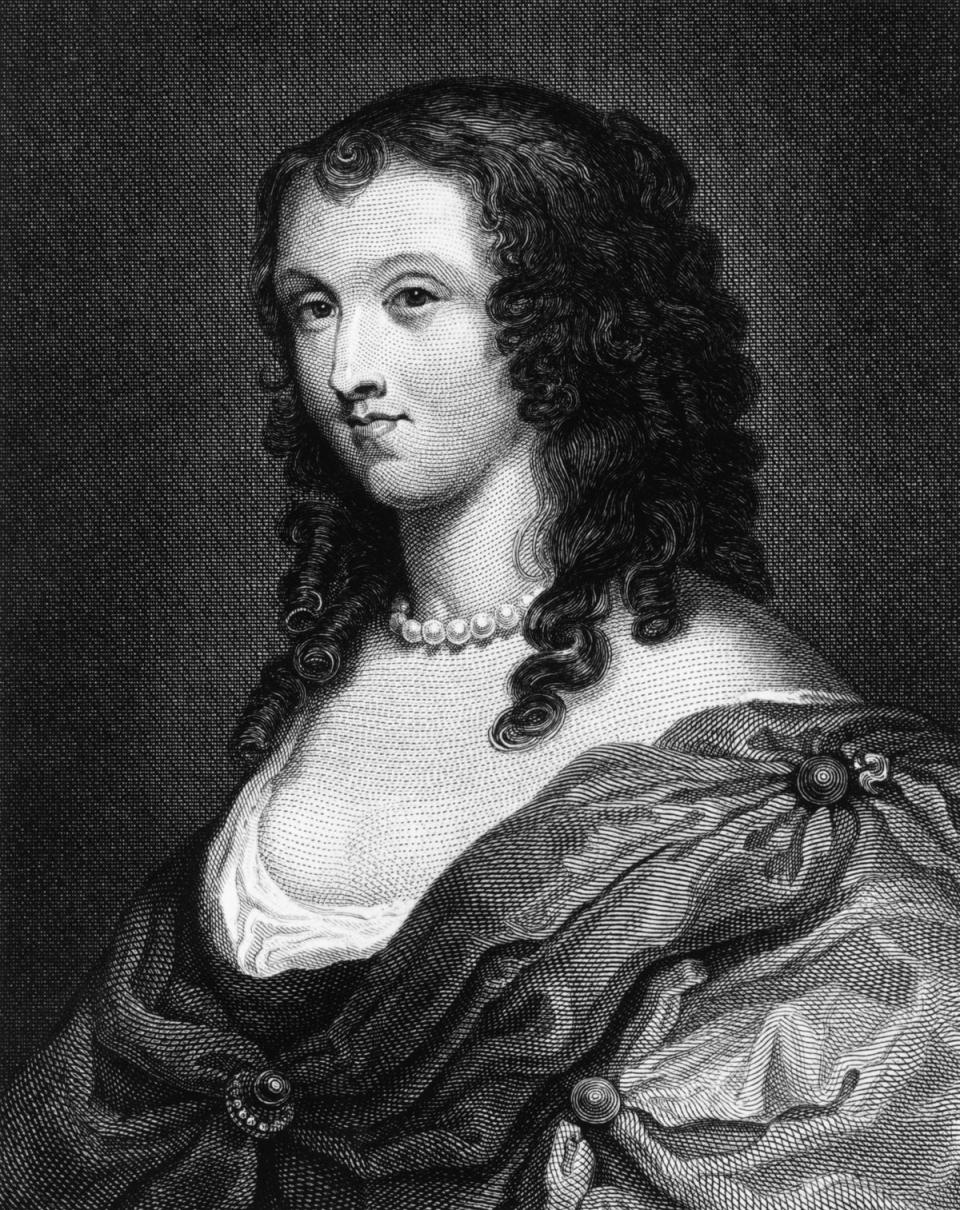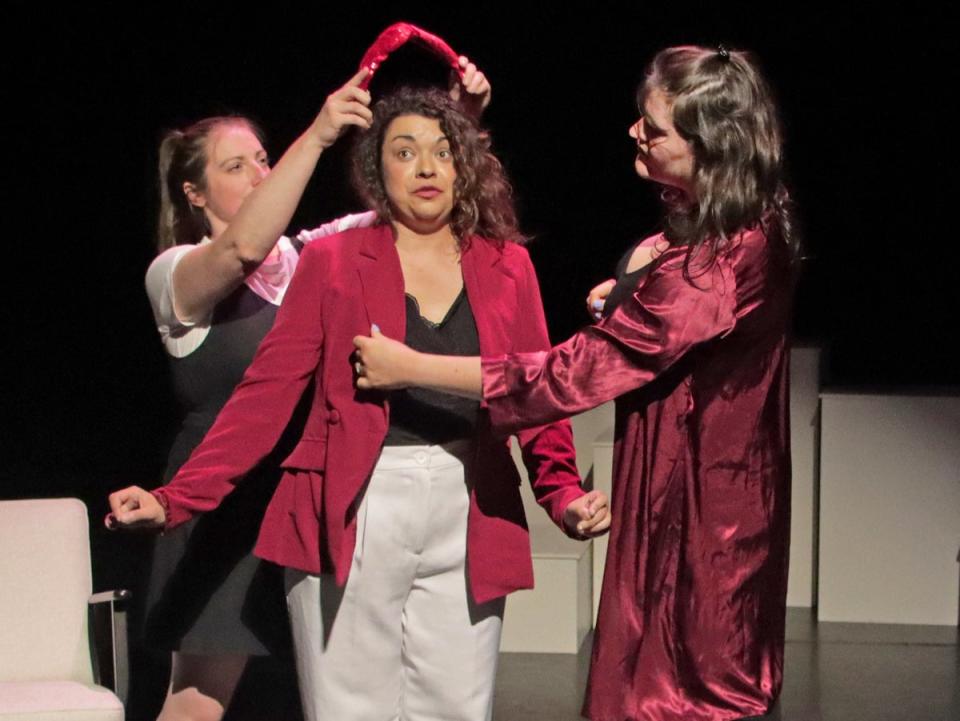Aphra Behn play once considered too ‘shocking’ for audiences performed for first time since 1671

An Aphra Behn play exploring themes of gender, sexuality and the patriarchy that was once deemed too radical for audiences will be performed for the first time in 350 years.
There is only one known production of the Behn’s play The Amorous Prince, or The Curious Husband in 1671, after which it remained absent from the stage for hundreds of years.
Bravely discussing controversial themes such as gender, sexuality and coercive control, the play also marked the first time a woman played a ‘breeches part’, meaning a female actor was allowed to dress as a man on stage.
As it was billed as a comedy, many contemporaries felt the divisive themes should not have been joked about and the play fell into obscurity. But now, 353 years later, the Canterbury Players are bringing it back to centre-stage.
“At the time it was written it came at a period where this country was quite divided,” said director Natalie Cox, referring to the aftermath of the 1642 civil war.
“The play made fun things like aristocracy and patriarchy. It really pushed some of those boundaries around gender, sexuality and status in what was a radical and shocking way for the time period.”

Aphra Behn herself led a storied life, being the first female author in England to write under her own name. Perhaps as interesting as her literary career, she was also employed as a spy in Antwerp after being noticed by King Charles II.
She became a writer later in life after separating from her husband and developed a reputation for her quick witted and political plays.
Her first play, The Forc’d Marriage, was staged in 1670 and sparked popular demand for her follow up, The Amorous Prince, just five months later.

The story has two plotlines running through it. One of the Amorous Prince, Frederik, who believes he has the right have sex with any woman who takes his eye - including his best friend’s sister and fiancee, whom he threatens with rape.
The other plot line of the Curious Husband, Antonio, sees a man set a honeytrap plot for his beautiful wife who he believes is being unfaithful. He is outsmarted however by female characters who overhear his plan and devise a counterplot.
The legal ban on female actors playing the ‘breeches part’ had only lived one year prior in 1660, making Behn’s inclusion of it a controversial point - and perhaps contributing to it never being performed again.
Having no reference to previous stagings has been an “exciting challenge” for the Canterbury Players, with Ms Cox explaining that they chose to take risks to modernise the play.
“It can be quite daunting because there’s an empty stage and we weren’t sure what we were going to put on it,” she said. “There’s no YouTube or previous National Theatre performances to get ideas from. It’s a very exciting challenge and a great opportunity to create history.”

Instead of setting the play in a traditional Shakespearean town in Florence, the group have set the stage as a modern day city to highlight the relevance of the play’s themes in today’s society.
Ms Cox added: “We took a few risks in how we modernised it. We brought it forward to highlight the relevance of the themes and we didn’t that in the spirit of Aphra Behn.
“Sexuality, coercive control, toxic masculinityand illusions to queer identity run through the entire thing and we’ve tried to pill that out.”
The play is being shown as part of a wider project at the university about Behn’s life and works. Tickets for all three nights of the play this week have already sold out.


